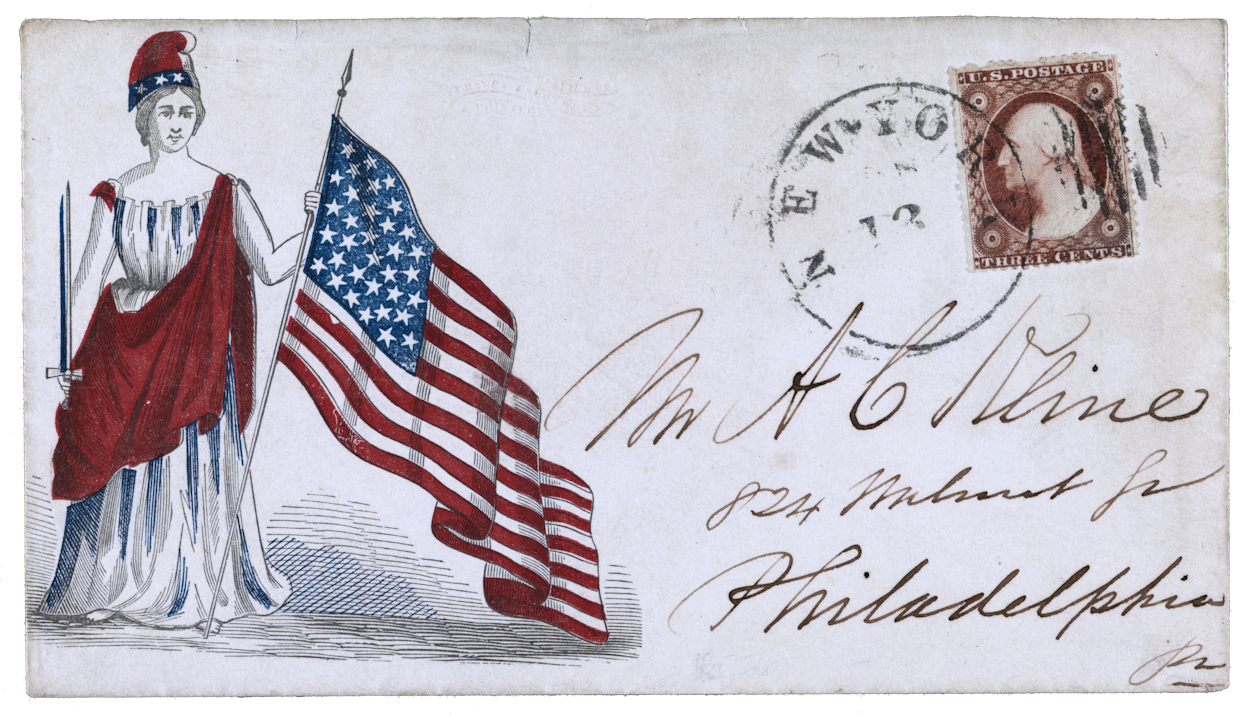Provost Marshal’s Office, 4th Division, Army of the
Tennessee, near Tallahatchie, Miss.,
December 8, 1862.
Still we tarry by the wayside anxiously awaiting the order to move forward. We did provide three days’ rations once, but devoured them without leaving camp. Two divisions, McKean’s and Ross’, have left here, while the remainder of the army has pushed onward. We hear of the advance skirmishing 50 miles in front of us. Think the main force is at Oxford, about 25 miles from here. We’re probably waiting for the railroad to be repaired so that supplies can be furnished us when we move. The retreating Rebels destroyed every culvert and bridge as they fell back, and it of course takes time to rebuild so many. The road is not yet in running order to Holly Springs, and everything has to be wagoned to the army, which but a very little rain in this country makes impossible. We suffered three days of cold, drizzling rain last week which most effectually blockaded the roads, but the last three days have been beautifully clear, etc., and travel is again resumed. We will change camp to-morrow to improve our water facilities, probably moving four or five miles back toward Holly Springs. One mile northward is harder to travel than 10 in the opposite direction. My whole company is detached from the regiment as provost guard. It relieves us from picket duty, fatigue, etc., gives us officers’ quarters in a house (there are a sofa, two rocking chairs, soft-bottomed chairs, a library, feather bed, etc., in the room I am now writing in and occupy). I’ve soldiered long enough to never refuse these little good things Providence throws in my way. The detail is permanent, but suppose I can get back to my regiment when I feel disposed. The 7th Cavalry had a little skirmish in front a day or two since; Coe, and a number of others were taken prisoners. Nelson was a prisoner once, I hear, but was retaken by his men, or the 2d Illinois Cavalry. Rumor has it to-day, that our forces have possession of Jackson, Miss., and have captured 3,000 of General Holmes’ Army, which was attempting to reinforce Pemberton. Don’t think the rumor worth doubting, unless McClernand has got within striking distance. Can’t hear a word from his expedition. Wonder what the deuce Banks is going to try to do. Hope we won’t fool away his time and the lives of his men in Texas. We’ve had enough of those coast expeditions. The one under Butler was the only one that paid expenses. Burnside is beaten badly. Will bet that another change of base will be necessary before Richmond is ours. We’re out of all patience with that army. We are slow enough in all reason, but they certainly beat us crawling, wonderfully, making slowness the gage. Our men are using this country awfully rough. Such animals as chickens, fences, swine, etc., are entirely unseeable and unfindable within 15 miles of where our camp has been this last week. This alone is not so bad; but if you wink at this amount of license in soldiers, they go farther and insult and almost scare to death women and children, all citizens indiscriminately. Guess that ’tis the intention of the general commanding to reform this matter. Says he is going to hold company officers responsible for the conduct of their men and punish officers, not soldiers, hereafter for outrages committed. I send my boys out as patrols, and whenever they catch a man with poultry or meat of any kind they relieve him thereof, take him under guard to his regimental commander, and Company G eats up the chickens or pork, or potatoes, of course; so you see this provost duty is not so bad as it might be on us. I have also in my charge 35 Rebel prisoners, Louisianians and North Carolinians. Price had three Kentucky regiments, but they have nearly all deserted him, hundreds have taken the oath at different points along our line and gone to their homes. I have an old negro here now that I wish I could send to you to cut the wood and do your errands. He is 63 years old, but is good for twenty years yet.











